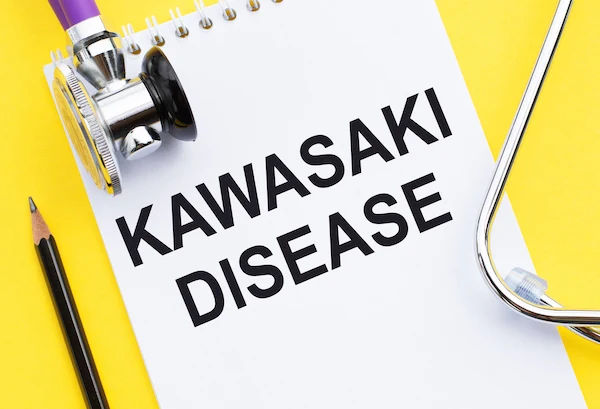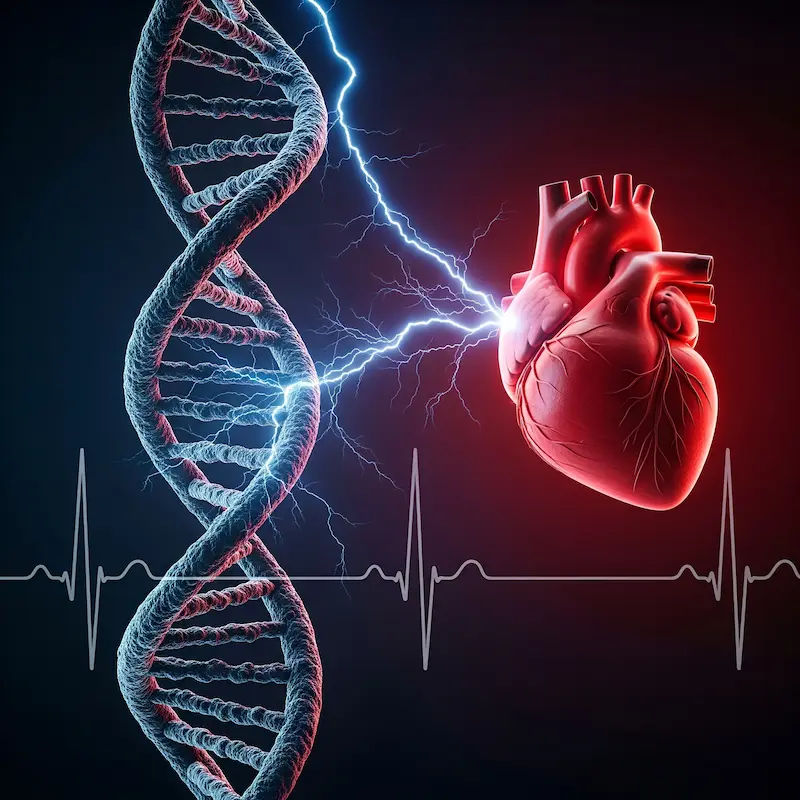- female
- 4 Years
- 20/02/2025
I'm really concerned about my baby who's now 4.5 months old. Right now, she has a 2mm PDA. When she was just 9 days old, she suffered from a blood lung infection and had three seizure attacks with a fever of 104.5 within two days. She's active, feeding well, and her weight is going up normally. I'm worried and wonder if it's really necessary for her to undergo closure when she turns 6 months?
Answered by 1 Apollo Doctors
After reviewing the information provided, it is important to monitor the baby closely for any symptoms or complications related to the PDA. In some cases, if the PDA is small and not causing any symptoms, it may not require immediate closure. However, it is best to consult with a pediatric cardiologist for a thorough evaluation and personalized treatment plan. If closure is recommended, medications such as Ibuprofen or Indomethacin may be prescribed to help close the PDA. The dosage and duration of treatment will be determined by the pediatric cardiologist based on the baby's specific condition. Regular follow-up appointments are essential to monitor the baby's progress and ensure optimal health.
Dr. Anshul Suggests...
Consult a Paediatric Cardiologist
Answered 25/07/2025
0
0

More Paediatric Cardiology Health Queries
View allMy son has VSD 2.5 left to right and ASD 4 mm left to right. Should we be worried about this? Does he need surgery or can it repair on its own?
please consult CTVS for better advise.
Answered by 1 Apollo Doctors
I'm really worried about my newborn baby boy's health. His report mentions a small perimembranous VSD, mild pulmonary stenosis, and a small residual PDA. Can someone explain what these mean? Are these issues something he'll outgrow, or will they need ongoing treatment? I'm looking for more information on how serious these are and what the next steps should be. Would really appreciate some guidance.
Your newborn's report indicates three congenital heart conditions: a small perimembranous ventricular septal defect (VSD), mild pulmonary stenosis, and a small residual patent ductus arteriosus (PDA). A small VSD is a hole in the heart's septum that can sometimes close on its own but needs monitoring. Mild pulmonary stenosis is a narrowing near the pulmonary valve that restricts blood flow to the lungs and often requires regular follow-up. A small residual PDA is an open vessel that normally closes after birth; it may close on its own or require medical management. The treatment plan will depend on how these conditions affect your child's health, and regular follow-ups with a pediatric cardiologist are essential to monitor and manage them. Discuss these findings with your child's cardiologist to understand the prognosis and specific treatment options.
Answered by 1 Apollo Doctors
My newborn baby was born at 34 weeks and has a 5mm VSD. She only weighs 900g right now. Will the hole close on its own as she grows or will she need surgery? If surgery is needed, what's a rough estimate of the cost?
cardiologist opinion is advised.
Answered by 1 Apollo Doctors
Disclaimer: Answers on Apollo 247 are not intended to replace your doctor advice. Always seek help of a professional doctor in case of an medical emergency or ailment.





